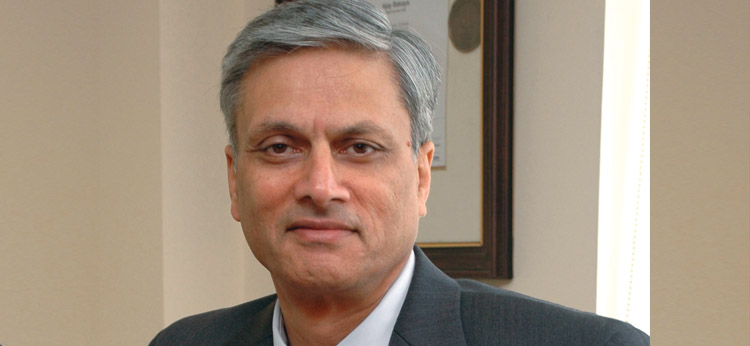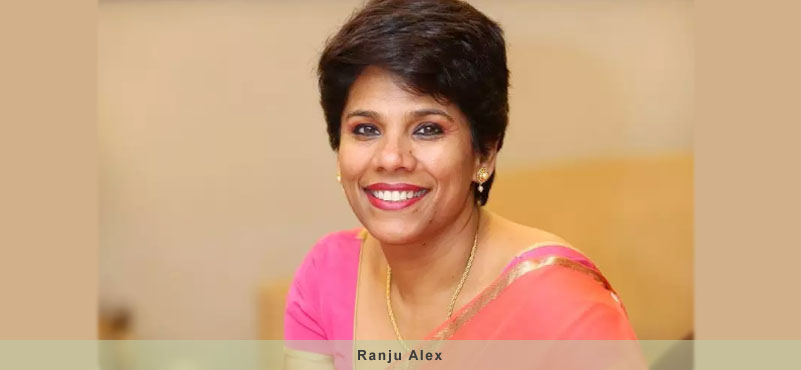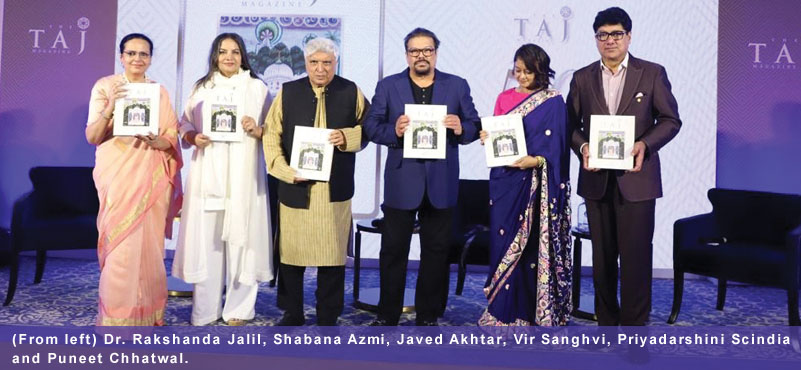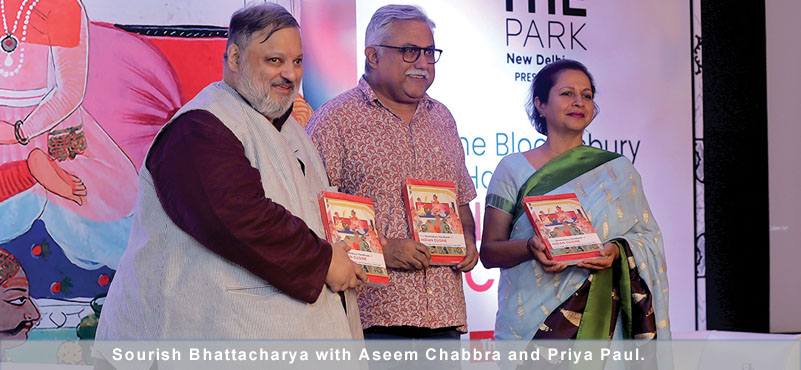Ajay Bakaya contends that hoteliers wanting to sell off their properties must be realistic in quoting a price. He says that it is also a great time to buy smart, given the prices justify the property’s worth minus the land.

EXECUTIVE DIRECTOR,
SAROVAR GROUP
Recent years have been tumultuous for the hospitality industry. Distress has been evident with piling debt and the inability to service loans for many of the big players, causing them to sell their properties. In the last decade, the period spanning from 2008 to 2014 have been especially bad. In the wake of the global slowdown in the economy, occupancy and, consequently, rates came down – which impacted the bottom-line. Then there were some hoteliers who wanted to make a statement through their hotels and spent exorbitant sums to create opulent structures, without considering the ability of markets to absorb them. The outcome has been a painful one for those brands, to say the least. Ajay Bakaya, Executive Director, Sarovar Group, however, believed that the word distress was an overused one. “There are a large number of hotels that claim to be distress and say that they want to sell off their properties. I would put their numbers somewhere in the range of 150-200. And, indeed, there are a variety of reasons for this trend, from bad calculations to over-burdening with debt, but the fact is that only ten percent of these ‘distressed’ owners actually want to sell their properties,” he said.
Explaining the reason behind this strong assertion, he noted that many of these owners put forth an absolutely absurd pricing. “They want to take out the cost of the land on the existing rate and often quote very fancy prices. They have to understand that they cannot charge for the land. The buyer would only want to pay for the structure,” he substantiated.
He also pointed towards a trend of non-serious players getting into hospitality as reason for rise in the trend of selling. “There were a lot of non-serious players who simply ventured into hospitality because they had resources to put in, but not the expertise to understand the complexity of the industry. That’s precisely why there has been a rise in the inventory in the past four years. Many of them are bailing out now. Also branded hotels form forty percent of the total inventory,” he detailed.
There are lessons to be leant from these mistakes. And, given that new entrants have refrained from creating structures beyond the demands of the market is an indicator that the industry is already on a course correction mode. “Besides being true to the market, there has been a systematic infusion of technology like having LEDs and optimum utilization of solar power to cut costs. Hotels will have to optimize revenues and minimize expenses without fiddling too much with pricing. So, it is a delicate balance that hotels must be aiming for,” said Ajay Bakaya.
He noted that many hotels had started strengthening their online presence and beefing up their digital sales to become more price competitive. “With the advent of online aggregators, hotels are forced to shell commission ranging from 17 to 24 percent which flattens profits and makes operations dearer. Hotels are now looking at cutting that through more interactive websites and direct booking,” he said. He added that brands like Accor had opened their own OTA platform.
He believed that if that margin could be split between the consumer and the operator, it was a win-win situation for both. “However, it is also a fact that hotel aggregators are a reality that hotels have to live with. And, this cannot be an excuse for being in a bad shape,” he concluded.




































